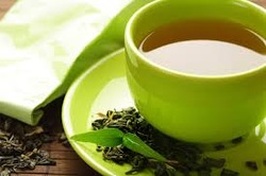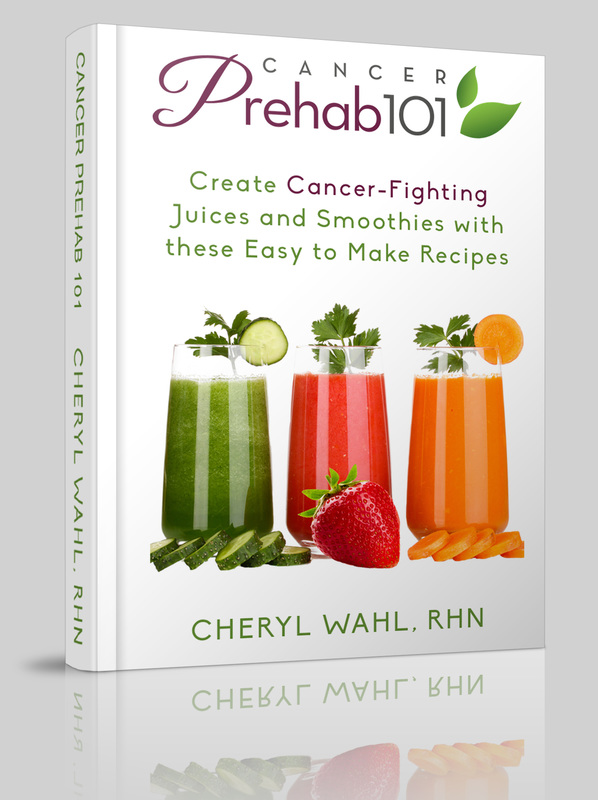 According to ancient Chinese mythology, the discovery of tea was likely the result of many trials and errors in an attempt to identify plants with life-extending, health-promoting properties. Have you heard the story of emperor Shen Nong, who insisted on drinking only boiled water for purity? Apparently, around 5,000 B.C., this eccentric ruler had some tree leaves fall into his boiled water and was struck by the scent and color the leaf imparted. Intrigued, he tasted it – and the rest is history. Tea became a ritual of daily life and a sign of culture, good health and balanced living. Next to water, tea is the world's most popular beverage; Fifteen thousand cups are drunk every second of every day! However, green tea makes up only 20 percent of those billions of cups per year. Though largely an Asian practice, the drinking of green tea has also become popular in North America because of it's famous anti-cancer effects. While the catechins of green tea (e.g. EGCG) are well-known, in actuality, green tea may owe its popularity to an amino acid called L-theanine. L-theanine is responsible for the caffeine-like high experienced after a cup of matcha, oolong, jasmine or other green teas. However, instead of the jitters and restless sleep that's often associated with imprudent caffeine consumption, drinking green tea, even late a night, imparts a feeling of relaxation combined with mental alertness. The secret is all in the brain waves. L-theanine increases alpha waves that are associated with alertness, without producing theta waves that lead to drowsiness. In addition to stimulating the right brain waves, L-theanine boosts levels of another amino acid called gamma-aminobutyric acid (GABA). GABA is our primary inhibitory neurotransmitter and has the pleasant effect of calming anxious nerves that are overexcited and unable to focus. This makes L-theanine useful for enhancing mood, the ability to learn and cope with stressful situations - something a cup of coffee will not do. L-theanine has captured the attention of nutrition researchers on a quest to find more compounds that fight the developed world's major killer, heart disease and cancer. While many studies are ongoing, preliminary findings implicate L-theanine as an immune enhancer. At the cellular level, scientists have discovered that green tea's little amino stimulates the major warriors of our immune system, macrophages, neutrophils and natural killer cells. While the story is still unfolding, there are lots of reasons to enjoy green tea over coffee, cola or fruit cocktails. Earlier this week I was asked what kind of green tea should we buy; regular, loose leaf, organic, etc. Loose leaf, whole tea leaves are better quality with richer flavors and they retain more of the health benefits. With regular tea bags, the tea leaves are smaller (also referred to as tea dusts, or left overs), they steep quickly but have a more bitter flavor than loose leaf. My favorite brand is Mighty Leaf Tea, it’s organic and is a compromise between the two. It contains loose tea leaves in convenient tea bags. Whether it's loose leaf, bagged tea, or somewhere in between, steep a cup of green tea, sit down and relax for a few minutes. It's nice to slow down every once in a while. In good health, Cheryl Wahl, RHN, Personal Trainer
0 Comments
Leave a Reply. |
Want to reduce your risk of cancer, receive recipes and health information regularly straight to your in-box? Download your free copy now.
Archives
December 2022
Categories |


